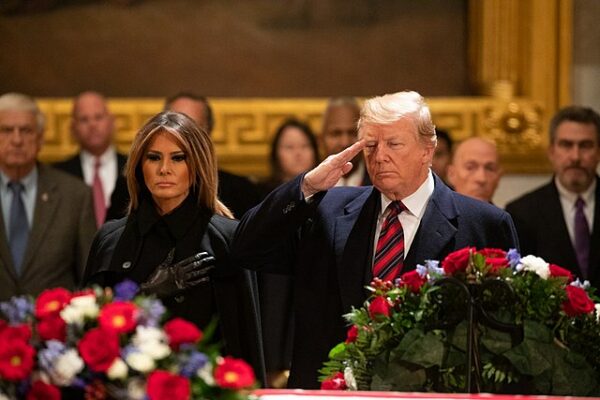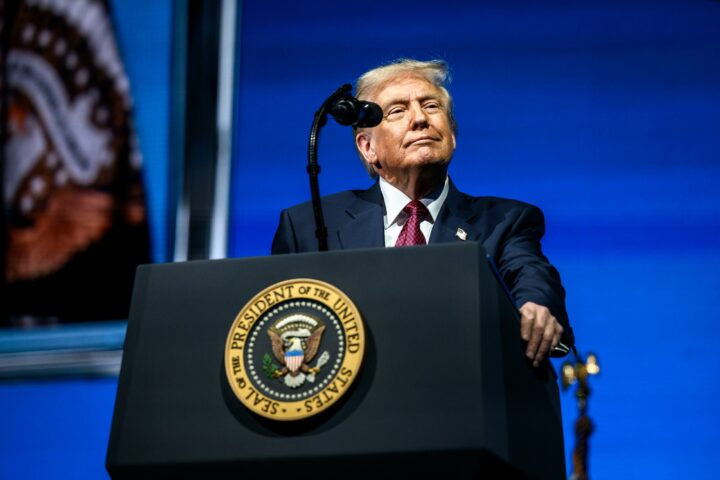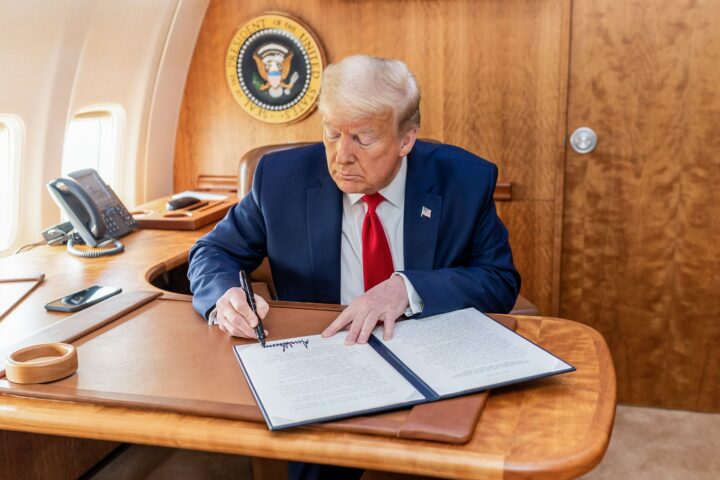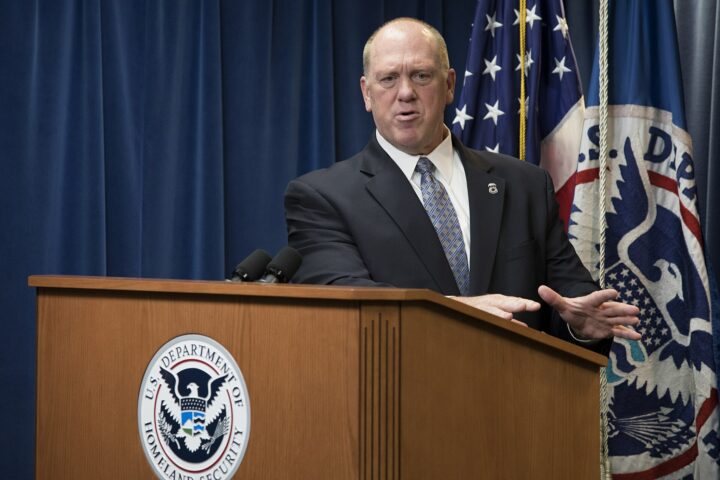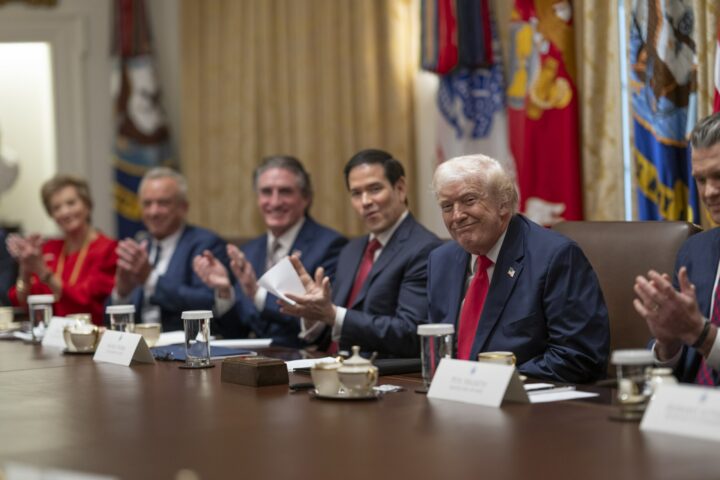President Donald Trump has dismissed General Charles Q. Brown Jr., the chairman of the Joint Chiefs of Staff. This sweeping, late-night announcement—delivered through Trump’s social media platform, Truth Social—has sent shockwaves through the Pentagon and raised serious concerns across Washington. Six senior military officials were removed in total, prompting widespread accusations of political interference in the nation’s defense operations.
General Brown, a distinguished four-star Air Force pilot and only the second African American to serve as Joint Chiefs chairman, will be replaced by retired Air Force Lieutenant General Dan Caine. Caine’s close ties to Trump, dating back to a meeting in Iraq six years ago, break from the tradition of allowing military leaders to serve across different administrations, regardless of political transitions.
The dismissals extended far beyond Brown., reported The New York Times. Admiral Lisa Franchetti, the first woman to lead the Navy; General James Slife, vice chief of the Air Force; and senior legal officers from the Army, Navy, and Air Force were also ousted. In a brief statement, Defense Secretary Pete Hegseth acknowledged their service but offered no explanation for their sudden departures.
This shake-up, of course, caused some of the most liberal “defenders of democracy” to suddenly oppose civilian leadership over the military.
Dictators or wannabe kings fire generals who don’t agree with their politics. This isn’t a banana republic.
What Trump and Hegseth are doing is un-American, unpatriotic. It’s definition of politicizing our military, and we should expect to see loyalty oaths (not to the… https://t.co/KrUa6NRKAt
— Seth Moulton (@sethmoulton) February 22, 2025
Having an untouchable military elite that is unaffected by elections is apparently what Democrats believe “democracy” means.
Trump has reportedly been making major changes at the Pentagon. Defense Secretary Hegseth has allegedly ordered Pentagon officials to prepare for an 8 percent budget cut over the next five years, excluding critical operations like the southern border mission.
Robert Salesses, the serving Deputy Secretary of Defense, said in a statement earlier in the week that the department will produce budgets “that revive the warrior ethos, rebuild our military, and reestablish deterrence.”

